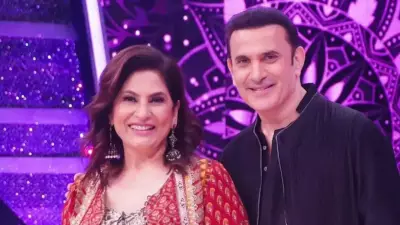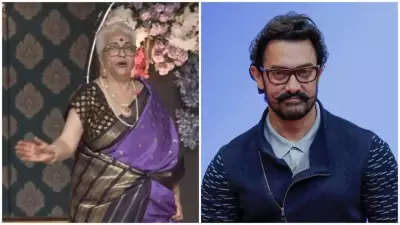
In a ruling that strikes at the heart of India's ongoing censorship debates, the Kerala High Court has delivered a significant judgment regarding the Malayalam film 'Haal', questioning the Central Board of Film Certification's (CBFC) objection to a scene depicting beef biryani.
The Legal Confrontation Over Culinary Content
Justice Devan Ramachandran presided over the case that has captured national attention, specifically addressing whether the CBFC exceeded its authority by demanding cuts to scenes showing beef biryani consumption. The court's sharp questioning of the certification board's stance has ignited fresh discussions about artistic freedom versus regulatory oversight in Indian cinema.
Court's Fundamental Question to CBFC
The High Court posed a critical question that cuts to the core of the matter: "If the film's characters are consuming beef biryani, how can the CBFC object to it?" This straightforward inquiry challenges the very basis of the certification board's objections and raises important questions about the limits of cinematic censorship.
Beyond Food: The Larger Implications
While the immediate controversy revolves around a culinary scene, the court's ruling touches upon much broader issues:
- The constitutional protection of artistic expression
- The reasonable limits of CBFC's certification authority
- Cultural representation in regional cinema
- The evolving landscape of creative freedom in India
A Pattern of Certification Challenges
'Haal' is not the first Malayalam film to face certification hurdles. The industry has witnessed several instances where CBFC decisions have been contested in courts, highlighting the ongoing tension between filmmakers and regulatory bodies. This case particularly stands out for its focus on dietary depictions and cultural practices.
The Road Ahead for Indian Cinema
The Kerala High Court's intervention in 'Haal' represents more than just a single film's fate. It signals a potential shift in how courts might approach creative expression cases, potentially setting precedents for future disputes between filmmakers and certification authorities across India.
As the legal proceedings continue, the film industry and free speech advocates are closely watching how this balance between creative freedom and regulatory oversight will be struck in one of India's most culturally vibrant states.






